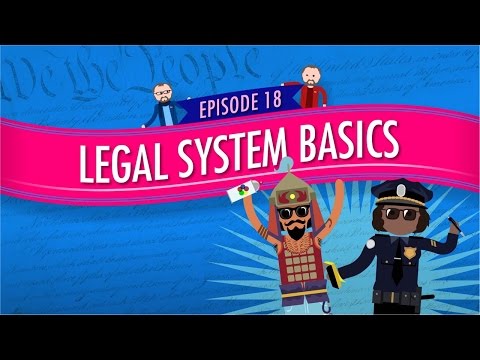
Understanding Private Law: Examples and Key Principles
Welcome to this informative article on understanding private law! In this piece, we will explore the fundamental concepts and principles that govern private law in the United States. It is important to note that while we strive to provide accurate and up-to-date information, it is always advisable to consult multiple sources and seek the guidance of legal professionals for specific legal matters.
Private law, also known as civil law, encompasses the legal rules and principles that govern the relationships between individuals and organizations. Unlike public law, which deals with matters involving the state and its citizens, private law focuses on the interactions between private parties. These interactions can include contractual disputes, property rights, tort claims, and more.
📋 Content in this article
To help illustrate the key principles of private law, let’s dive into a few examples:
1. Contract Law: One of the central pillars of private law is contract law. Contracts are legally binding agreements between two or more parties that outline their rights and obligations. These agreements can take various forms, such as employment contracts, lease agreements, or purchase contracts. The principles of contract law ensure that parties are held accountable for fulfilling their promises and provide remedies when breaches occur.
2. Tort Law: Tort law governs civil wrongs committed by one party against another, resulting in harm or injury. Examples of torts include personal injury claims, defamation cases, and property damage disputes. The underlying principle of tort law is to compensate the injured party for the harm they have suffered due to another’s negligence or intentional misconduct.
3. Property Law: Private law also encompasses property rights, which define the legal ownership and control of tangible and intangible assets. Property law covers a wide range of matters, including real estate transactions, intellectual property rights, and personal property disputes. It establishes rules for acquiring, using, transferring, and protecting property.
4. Family Law: Family law deals with legal matters related
Understanding the Concept of Private Law in the United States
Understanding the Concept of Private Law in the United States
Private law, also known as civil law, is a fundamental aspect of the legal system in the United States. It governs the relationships between individuals, organizations, and entities in society. In contrast to public law, which deals with the government’s role in society, private law focuses on the rights and obligations between private parties. This article aims to provide a comprehensive understanding of private law in the United States, including its examples and key principles.
Examples of Private Law
Private law encompasses various areas of legal practice, each addressing specific types of relationships and disputes. Some prominent examples include:
Understanding the Significance of Private Law in the United States
Understanding the Significance of Private Law in the United States
Private law encompasses a wide range of legal principles and rules that govern the relationships between individuals and private entities. In contrast to public law, which deals with matters involving the government and its relationship with individuals, private law focuses on the rights and obligations between private parties. To gain a better understanding of private law in the United States, it is crucial to explore its examples and key principles. This article aims to shed light on these concepts and highlight their significance.
Examples of Private Law
Private law permeates various aspects of our everyday lives, from contracts and property rights to torts and family law. Let’s explore a few examples to illustrate the breadth of private law:
Title: Understanding Private Law: Examples and Key Principles
Introduction:
Private law is a fundamental aspect of the legal system in the United States. It governs the relationships between individuals and entities, providing a framework for resolving disputes and upholding rights. Understanding private law is essential for both legal professionals and individuals as it affects many aspects of our daily lives. This article aims to provide a comprehensive overview of private law, including examples and key principles. However, it is crucial for readers to independently verify and cross-reference the information presented here, as legal principles can vary by jurisdiction and change over time.
I. Definition and Scope of Private Law:
Private law, also known as civil law, pertains to legal matters involving private individuals or entities. It encompasses a wide range of areas, including contract law, property law, tort law, and family law. Private law differs from public law, which deals with matters involving the government and society as a whole.
II. Examples of Private Law:
1. Contract Law: Contract law governs agreements between parties, ensuring that promises made are legally enforceable. It covers various types of contracts, such as employment contracts, sales contracts, and lease agreements. Breach of contract occurs when one party fails to fulfill their obligations, leading to potential legal remedies.
2. Property Law: Property law addresses the rights and obligations associated with real and personal property. It includes ownership, transfer, and use of land, buildings, intellectual property, and personal possessions. Disputes may arise regarding ownership rights, easements, or boundary disputes.
3. Tort Law: Tort law deals with civil wrongs committed by one party against another, resulting in harm or injury. It covers areas such as personal injury, negligence, product liability, defamation, and wrongful death. Tort cases seek to compensate the injured party for damages caused by the wrongdoer.
4.
